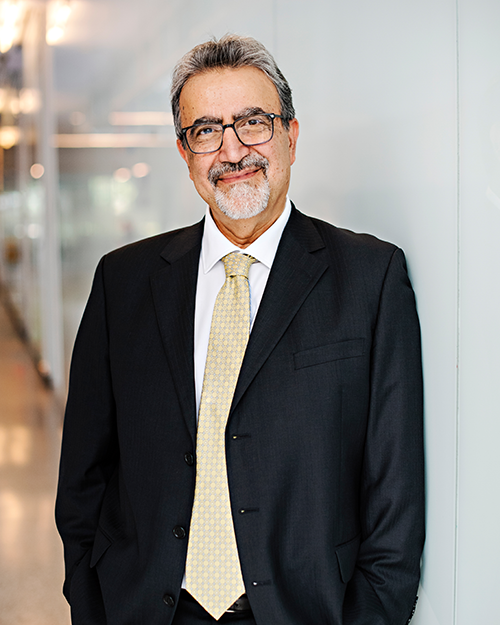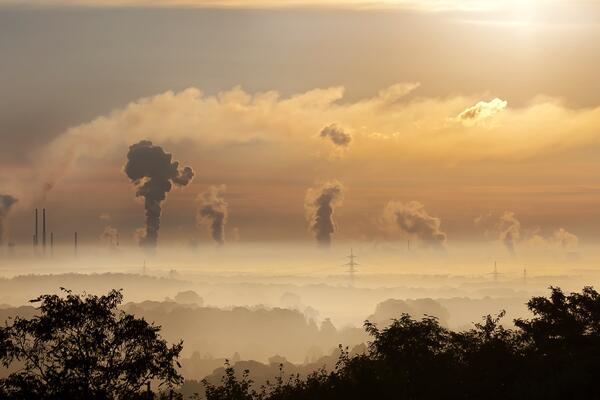
The power of co-operation to change the world
Our greatest impact happens together

Our greatest impact happens together
By Feridun Hamdullahpur President and Vice-Chancellor, University of Waterloo Feridun Hamdullahpur
Feridun Hamdullahpur
President and vice-chancellor
University of Waterloo
For centuries our global community grew closer — trading together, working together and exchanging ideas. The global pandemic upended that world, physically separating us more than ever and forcing us to shift our focus.
The physical distance can make it feel like we are more apart than ever before. But in fact, I think the opposite is true.
We are coming together, showing great resiliency in the face of complex issues. We have seen global co-operation on solutions to the COVID-19 pandemic, including the rapid development of a vaccine. Together we are voicing and acting to make anti-racism a stronger force in our society. Our passion for building a more sustainable world for our future has never been more resolute. The physical and mental well-being of our students and our community has never been more important. Change has never intimidated us. We tackle challenges together within our institution and with our global partners.
This collaboration across nations, industries and the political spectrum is changing the world. We are coming together to protect not only ourselves but one another. These connections push us forward every single day.
The University of Waterloo was built on connection and co-operation. It is deep within our institutional DNA, beginning with our dedication to blending academics with real-world experience through our renowned co-operative education program.
Our founders believed that Waterloo’s deep connections with partners in industry and the community would mean richer education for all and a stronger national economy. It has imbued our University with a unique, entrepreneurial spirit that looks to find solutions to critical problems and partner with those who can help achieve the biggest impact. We need those relationships more than ever if we are to tackle disruptive, global challenges that require complex solutions.
This report is filled with stories of connection across our six faculties. There are collaborations with industry and non-profit groups for everything from better health care to improved security and stronger communities. These stories demonstrate that Waterloo was built for co-operation and impact. That legacy propels us forward and we’re only just getting started.

Read more
Massive engineering projects could reverse climate change and reduce poverty — but they are dangerous

Read more
Canada has a historic opportunity to emerge from the public health crisis stronger than before with innovative policies and investments that embrace change

Read more
Waterloo Computer Science student dreams of being a tech leader and building bridges for marginalized groups in tech
The University of Waterloo acknowledges that much of our work takes place on the traditional territory of the Neutral, Anishinaabeg, and Haudenosaunee peoples. Our main campus is situated on the Haldimand Tract, the land granted to the Six Nations that includes six miles on each side of the Grand River. Our active work toward reconciliation takes place across our campuses through research, learning, teaching, and community building, and is co-ordinated within the Office of Indigenous Relations.